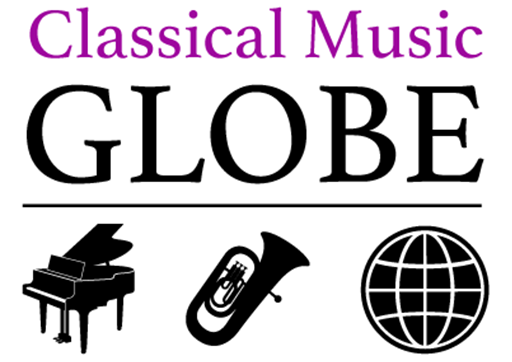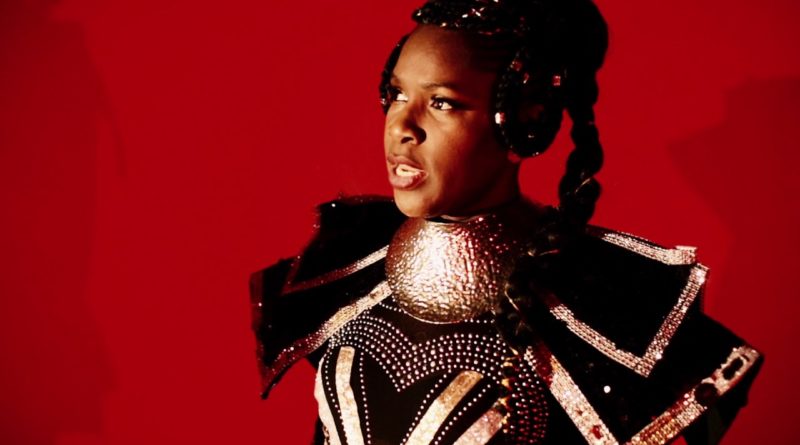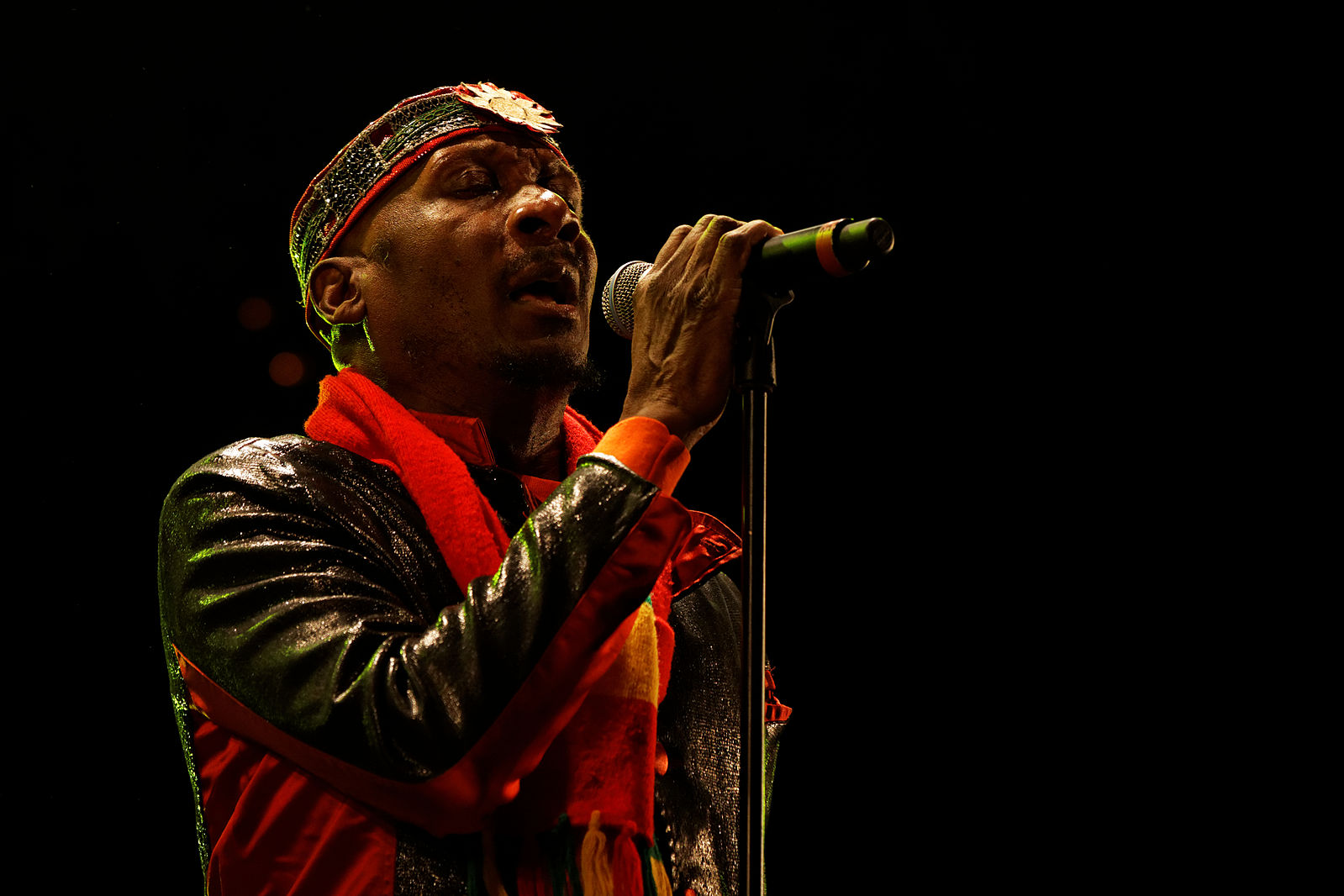Guess We Found A Way
Ibibio Sound Machine is the modern sound of Urban Africa

Doko Mien (Tell Me) is the fourth album by Ibibio Sound Machine, a London based collective that plays music inspired by the rhythms of West Africa. Over the past five years, the band has become one of England’s top acts. They regularly fill clubs with their innovative blend of funk, disco, electronic and African music, in particular the sound of Highlife – a genre that ruled the dance floors of Ghana during the 70s.
“On this album, we tried to capture the live element of our shows,” says Eno Williams, the band’s lead singer. “On our last album, Uyai (2017), we went more into the electronic side of our sound. This time, we played most of the instruments live. When we started the band, our sound was more African. Then we began using more and more studio effects. We’re constantly looking for ways to balance the traditional sounds I grew up with and the modern rhythms of London.”
Williams was born in London, but grew up in Nigeria, in an Ibibio community. “I started a singing group with my sisters,” Williams recalls. “We made up our own songs and sang some traditional stuff as well. A lot of it was a cappella, but one of my sisters played piano, so we tried to figure out how to play traditional melodies on the keyboard. My mom loved Whitney Houston, and played her records all the time, so there was a background of soul, R&B and African music.”

The family moved back to London when Williams was 19. She found work as a session singer, doing background vocals. “I met Max (Grunhard) at a gig and started telling him Ibibio stories and singing the traditional songs I knew. He liked the musical quality of the language and said we should try to put something together using Ibibio lyrics.”
Grunhard, the band’s keyboard player and producer, said writing songs based around the Ibibio language presented an interesting challenge. “African music was not arranged in the same way as the Western music I was familiar with. The harmonies are more linear, so there’s more room for experimentation and improvisation. There is no verse/chorus structure, the scales are different and there’s more rhythmic punctuation. When we combine those elements with rock and funk, we have to break things up, so we’re constantly creating new ways to express the fusion of styles.”
As the songs Williams and Grundhard were writing evolved, they went looking for players familiar with world music. “We got lucky,” Williams says. “We found Kari Bannerman, a guitar player from Ghana who loved Highlife, Anselmo Neto, a percussionist from Brazil, and other players who knew jazz and African music. We put together a creative community interested doing something new.”

The music on Doko Mein continues to explore the band’s marriage of African and Western styles, with Williams singing many of the songs partially in English. “They say music is a universal language, but translating the Ibibio lyrics allows me to tell people about the stories contained in the songs. When people understand what I’m singing about, it’s more inclusive. I often get asked why I sing in Ibibio. The language has inflections, rhythms and vocal sounds that you don’t have in English; it has a different energy for me. Then, as a band, we have to create melodies that fit both Ibibio and English. Making them congruent keeps us on our toes and keeps things musically interesting. Max helps me with the English translations and slowly, everything fits together.”
“We’re still looking for our own sound,” Grunhard says. “That’s what makes the journey interesting. We have musicians from Trinidad, England, West Africa, all over the globe. Everyone is important to the process. We write, play and produce everything ourselves. We want to keep it honest, rather than working with a producer who’s going to tell us how we should sound and having to live with that. Our goal is to stay true to who we are as artists and keep taking it to the next level. Hopefully, people will hear our positive message, feel the energy we’re putting out and come along for the ride.”
VIDEO – Ibibio Sound Machine – I Need You To Be Sweet Like Sugar



